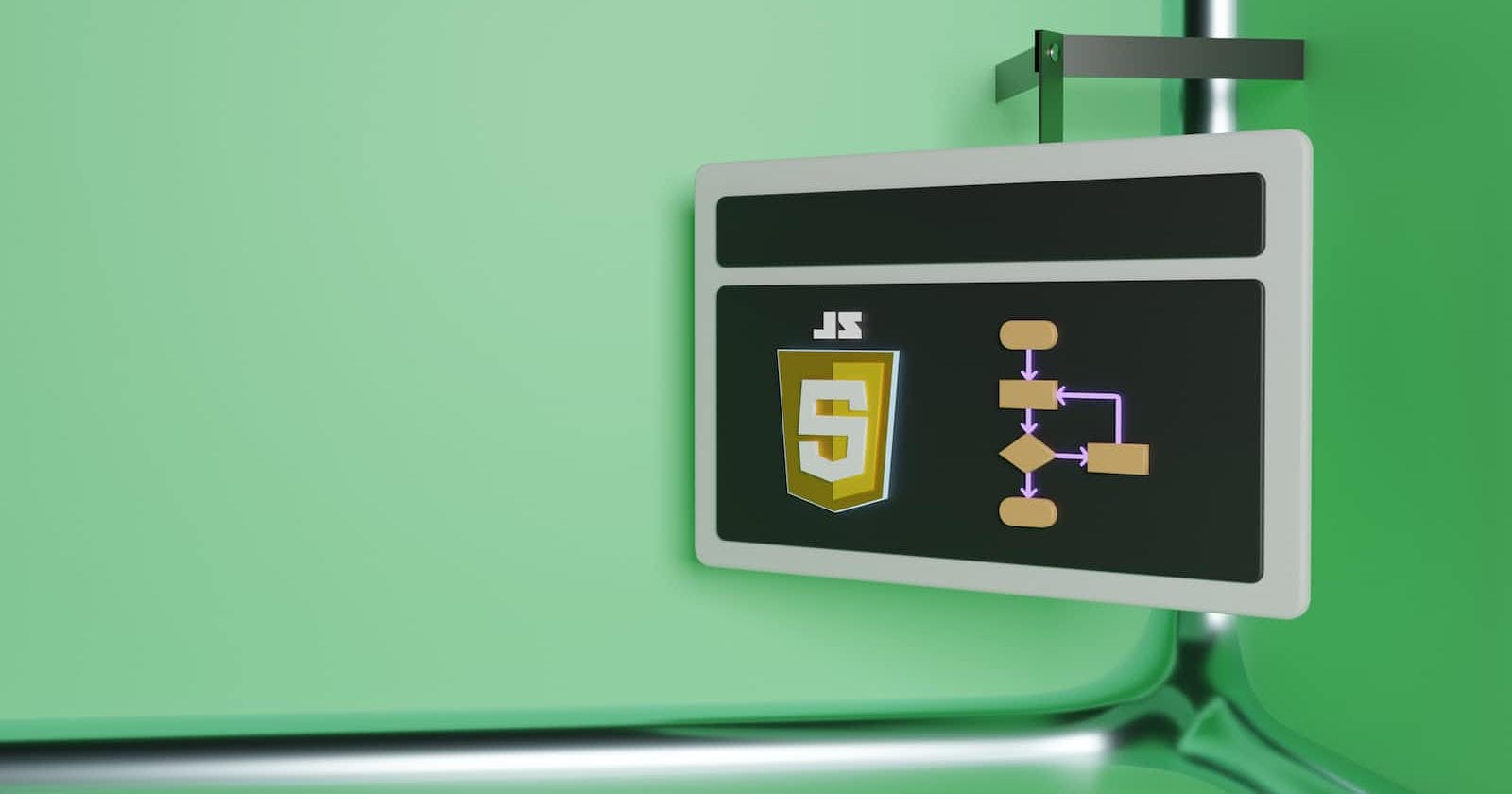Backend Road Map
... ensuring there is a sense of direction
What you should learn as a Backend Engineer
In our previous reads, we've been able to distinguish between a Frontend Engineer and a Backend Engineer. We would now focus on the road map for a Backend Engineer. Road maps are important to ensure you have a sense of direction while picking up technologies, or trying to get better within your technology stack.
If you're a software engineer looking to embark on a backend-focused journey, this article will serve as your roadmap, outlining key areas of focus and guiding you toward becoming a well-rounded backend developer.
Mastering Programming Languages and Frameworks: The first step in your backend roadmap is to build a strong foundation in programming languages such as Java, Python, or Ruby (You can read up on these languages and their peculiarities). Understanding the intricacies of these languages will enable you to write efficient code and solve complex problems. Additionally, becoming proficient in popular backend frameworks like Node.js, Django, or Ruby on Rails will greatly enhance your productivity and make development more streamlined.
Database Management: Backend engineers must have a solid understanding of database management systems (DBMS). Familiarize yourself with SQL (Structured Query Language) and learn how to efficiently design and query databases. Explore different database types such as relational databases (e.g., MySQL, PostgreSQL) and NoSQL databases (e.g., MongoDB, Cassandra) to ensure that you have a comprehensive understanding of different data storage solutions. Understanding how to optimize queries, normalize data, and ensure data integrity will be essential in your backend journey.
API Development: APIs (Application Programming Interfaces) play a vital role in backend development, allowing different components of an application to communicate and exchange data. Learn how to design, develop, and document APIs using industry-standard protocols such as REST or GraphQL. Understanding concepts like authentication, rate limiting, and versioning will enable you to create robust and scalable APIs.
Security and Authentication: As a backend developer, it is crucial to prioritize the security of the applications you build. Familiarize yourself with best practices in secure coding, such as input validation, protection against common web vulnerabilities (e.g., Cross-Site Scripting, SQL Injection), and implementing proper authentication and authorization mechanisms. Stay updated on emerging security threats and keep refining your skills to ensure the applications you develop are safe and secure.
Performance Optimization and Scalability: Efficiency and scalability are key concerns in backend development. Gain knowledge of performance optimization techniques such as caching, load balancing, and database indexing. Understand how to analyze and debug bottlenecks to ensure optimal application performance. Additionally, explore concepts like horizontal and vertical scaling to ensure that your applications can handle increasing user demands. Familiarize yourself with cloud technologies and platforms like AWS, Google Cloud, or Azure, which offer scalable infrastructure solutions that can support the growth of your applications.
Testing and Debugging: No software development process is complete without proper testing and debugging. Learn about different testing methodologies, including unit testing, integration testing, and end-to-end testing. Automate your tests to ensure the stability and reliability of your backend systems. Additionally, develop strong debugging skills to identify and resolve issues during development and in production environments.
Continuous Integration and Deployment (CI/CD): In today's fast-paced development environment, it is crucial to adopt CI/CD practices. Learn how to set up automated build processes, continuous integration, and deployment pipelines to streamline the software delivery process. Tools like Jenkins, GitLab CI/CD, or Travis CI will become your allies in achieving efficient and reliable deployment workflows.
Stay Updated and Engage in the Community: Backend development is a continuously evolving field. Stay updated with the latest trends, frameworks, and technologies by following relevant blogs, attending conferences, and participating in online communities. Engage with fellow backend developers, share knowledge, and contribute to open-source projects to enhance your skills and broaden your network
Note that the above could be overwhelming for a beginner, however, you are meant to enjoy what you are learning, hence, do not attempt to know all at once. Some concepts would only make sense with experience, hence, focus more on applying what you are learning in building something you love to build.

